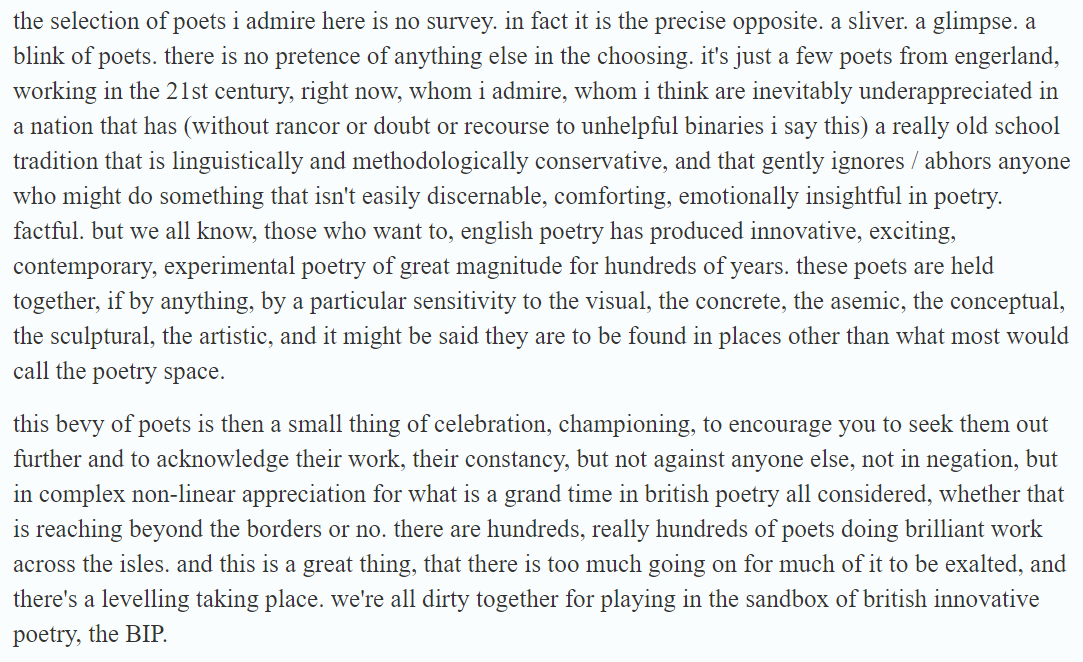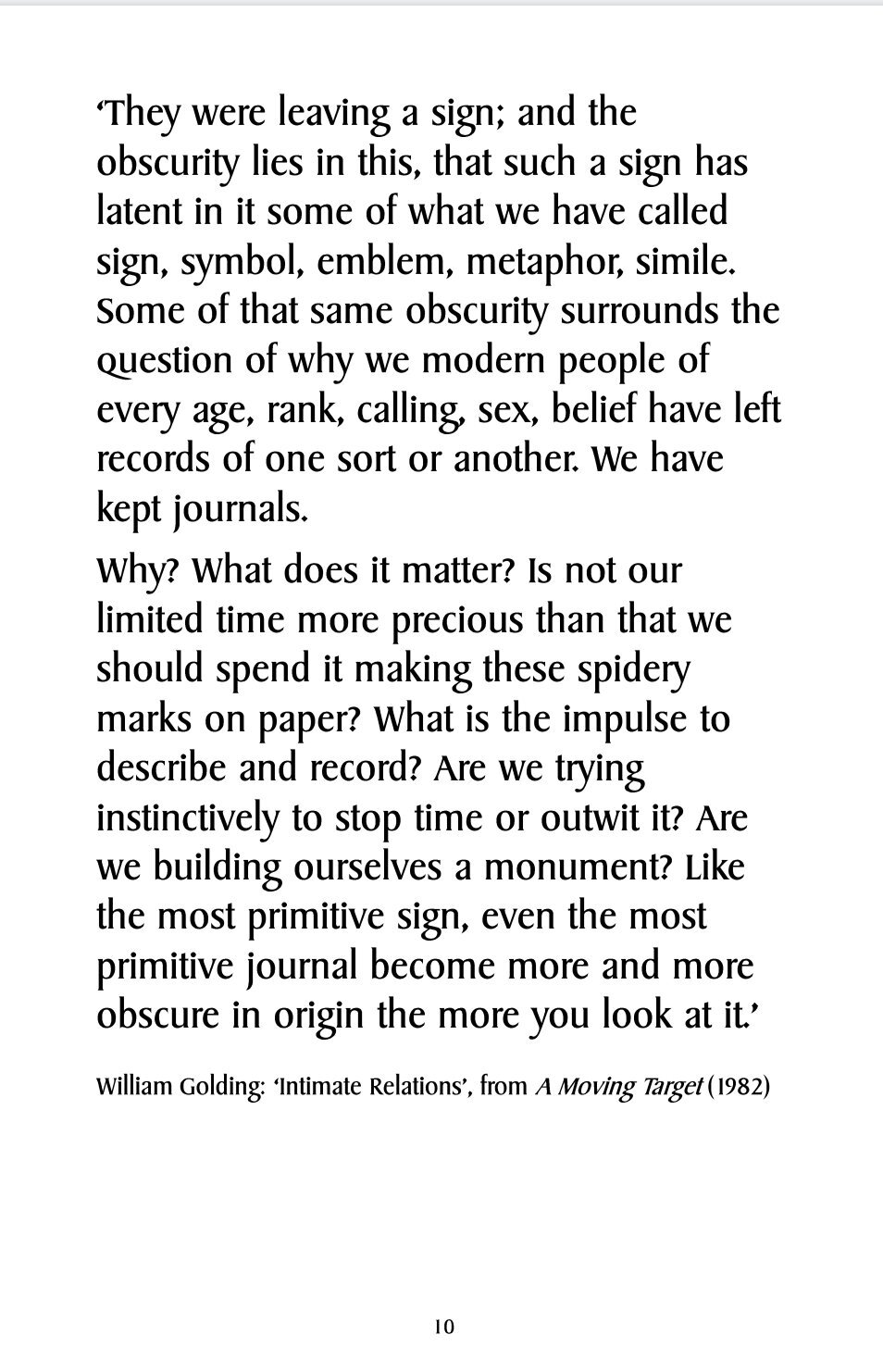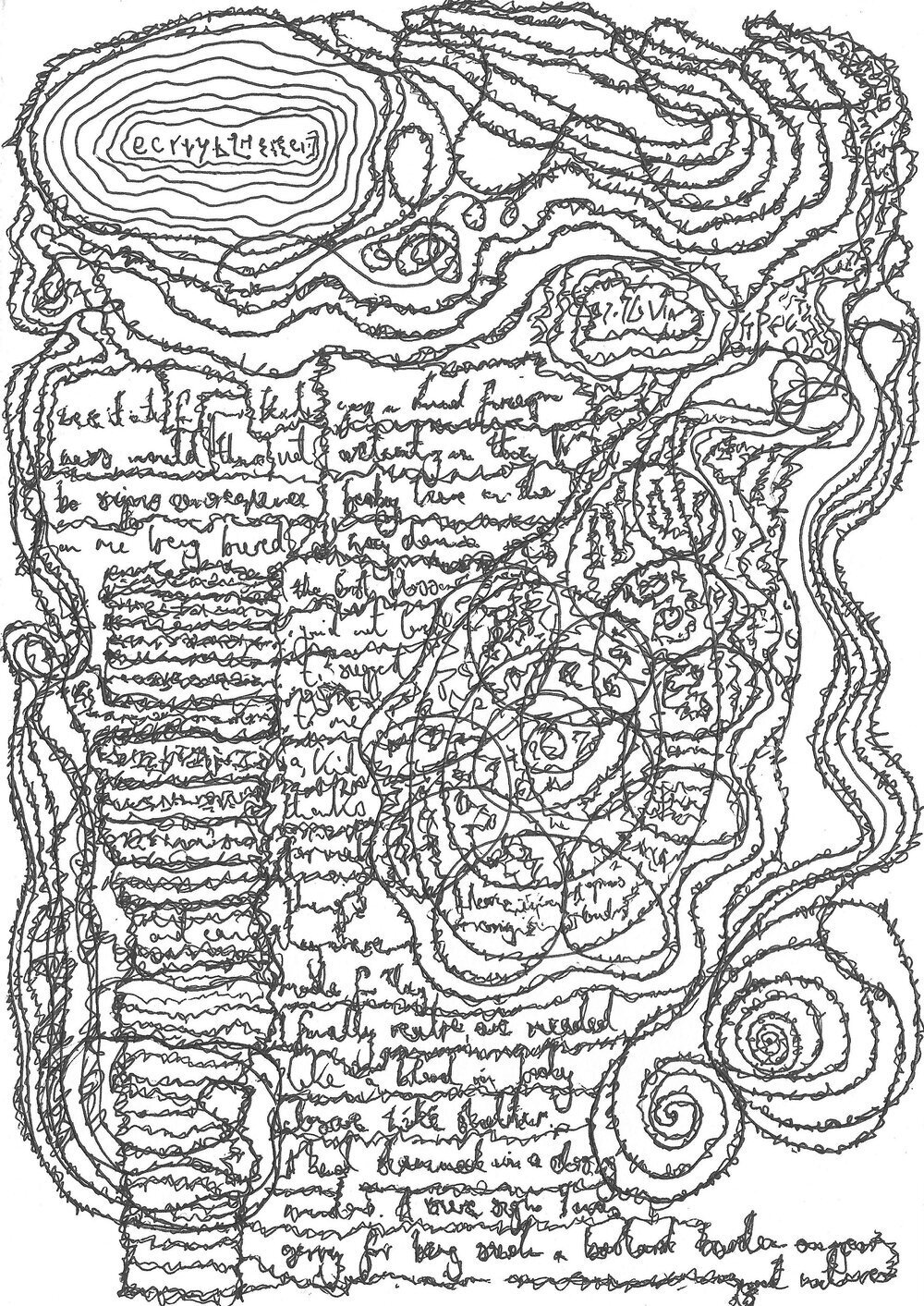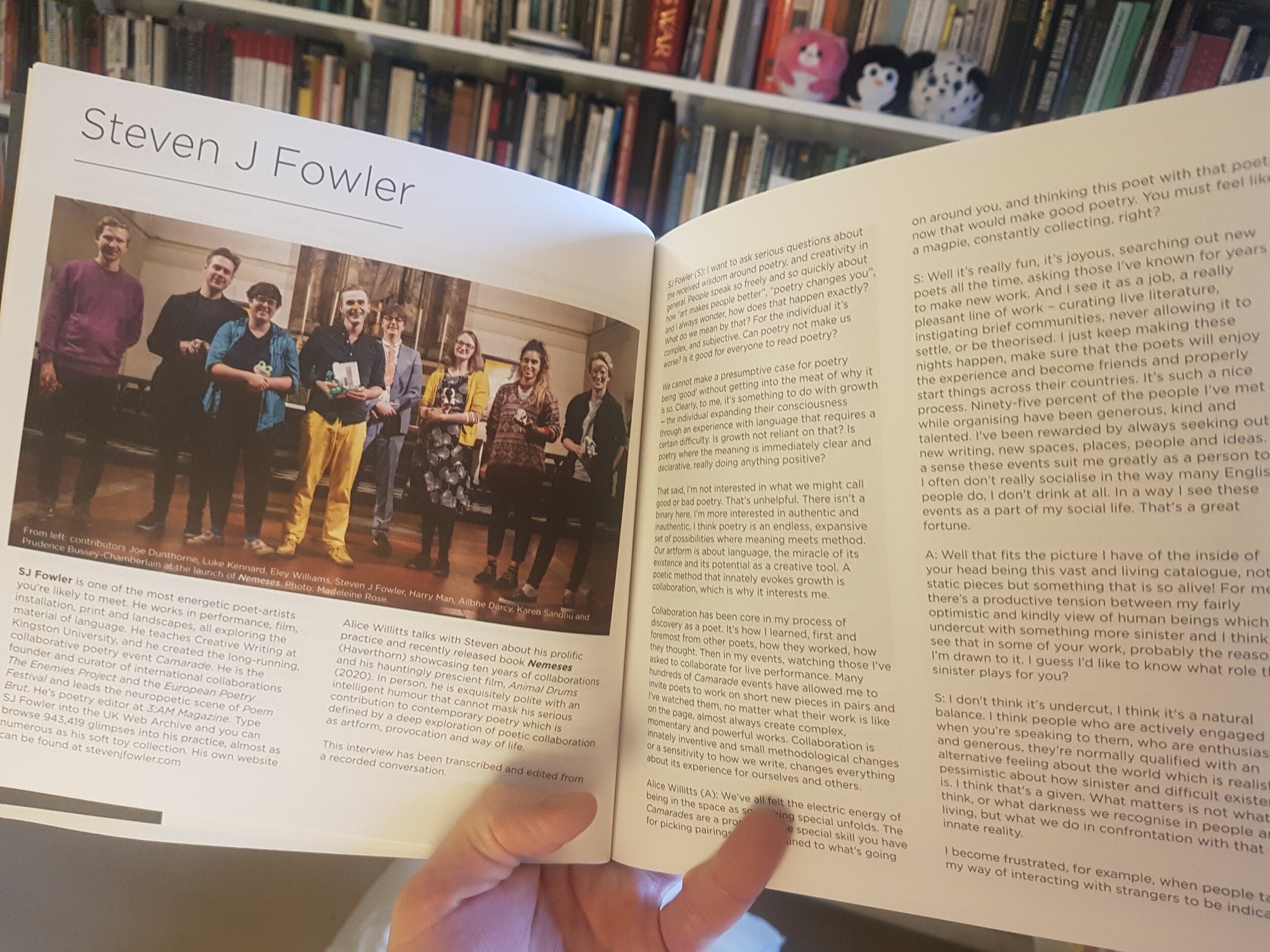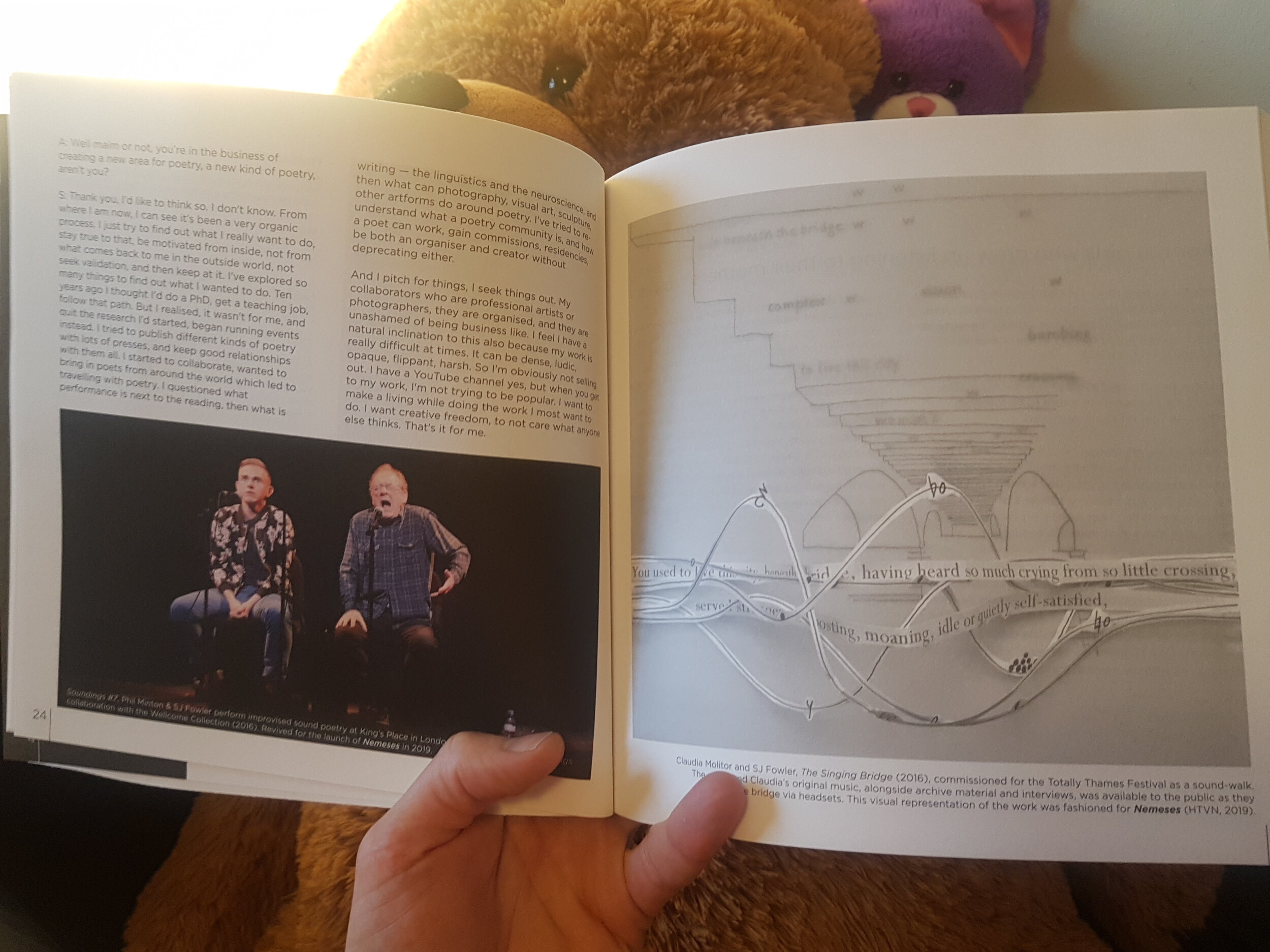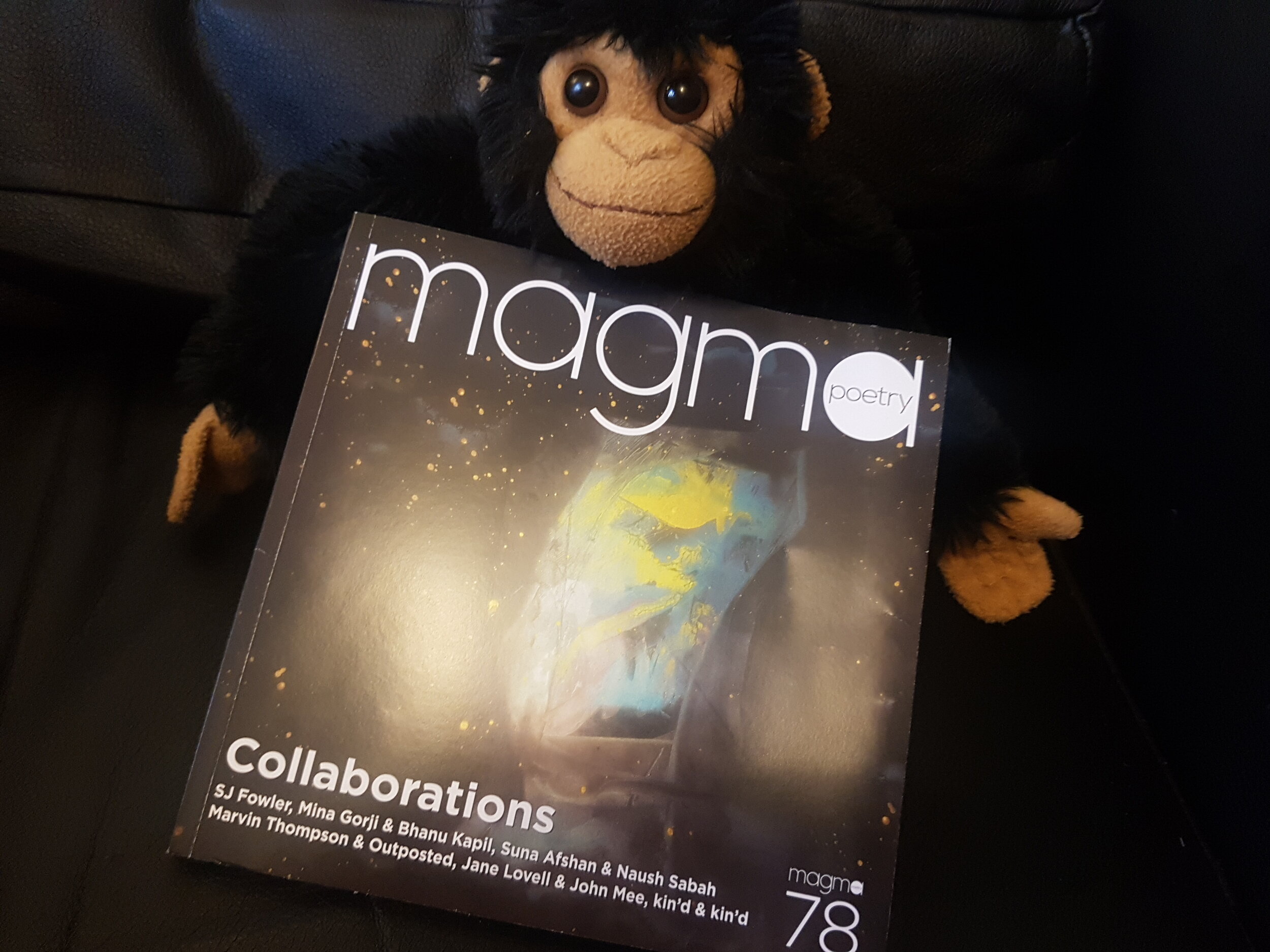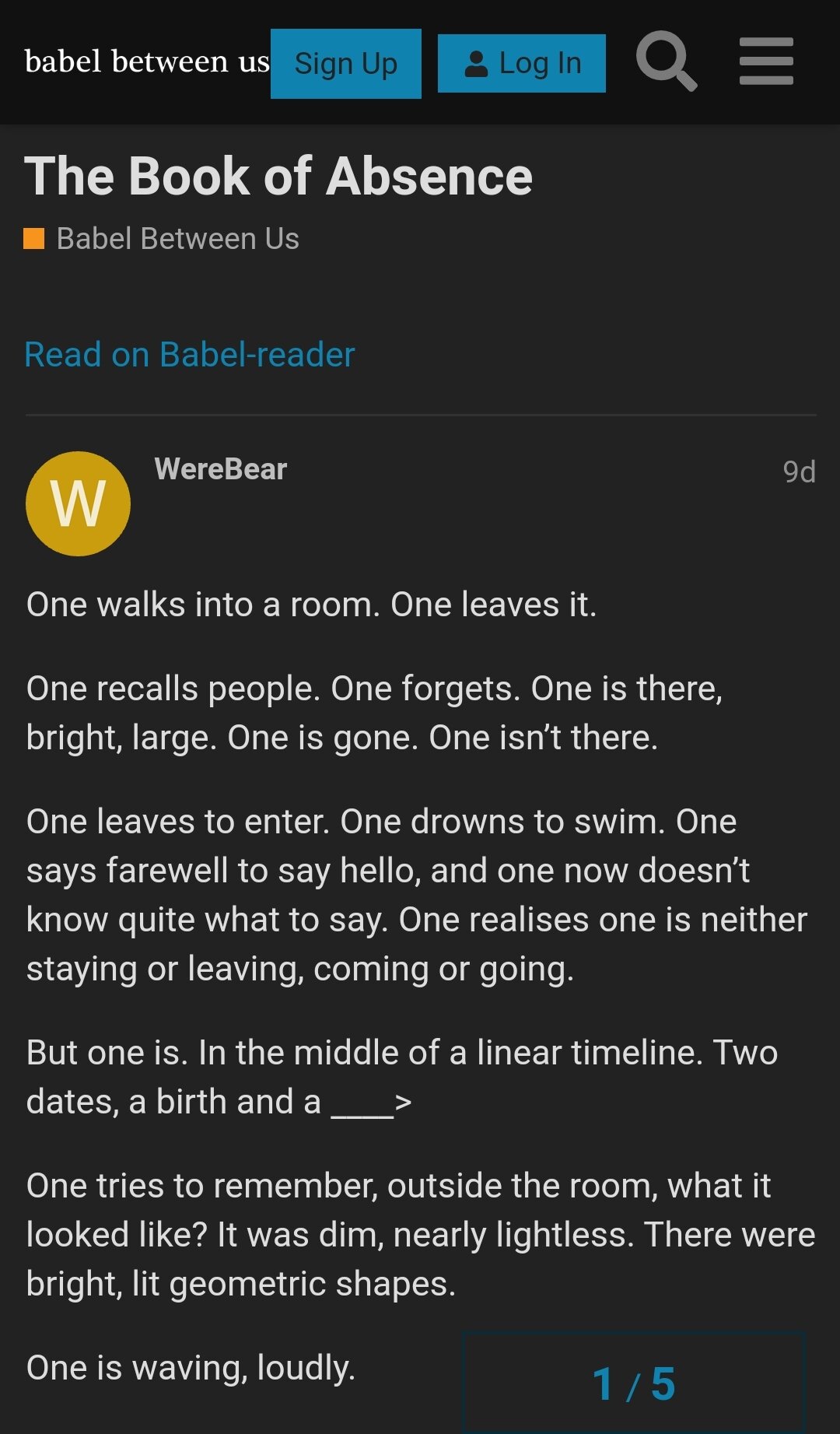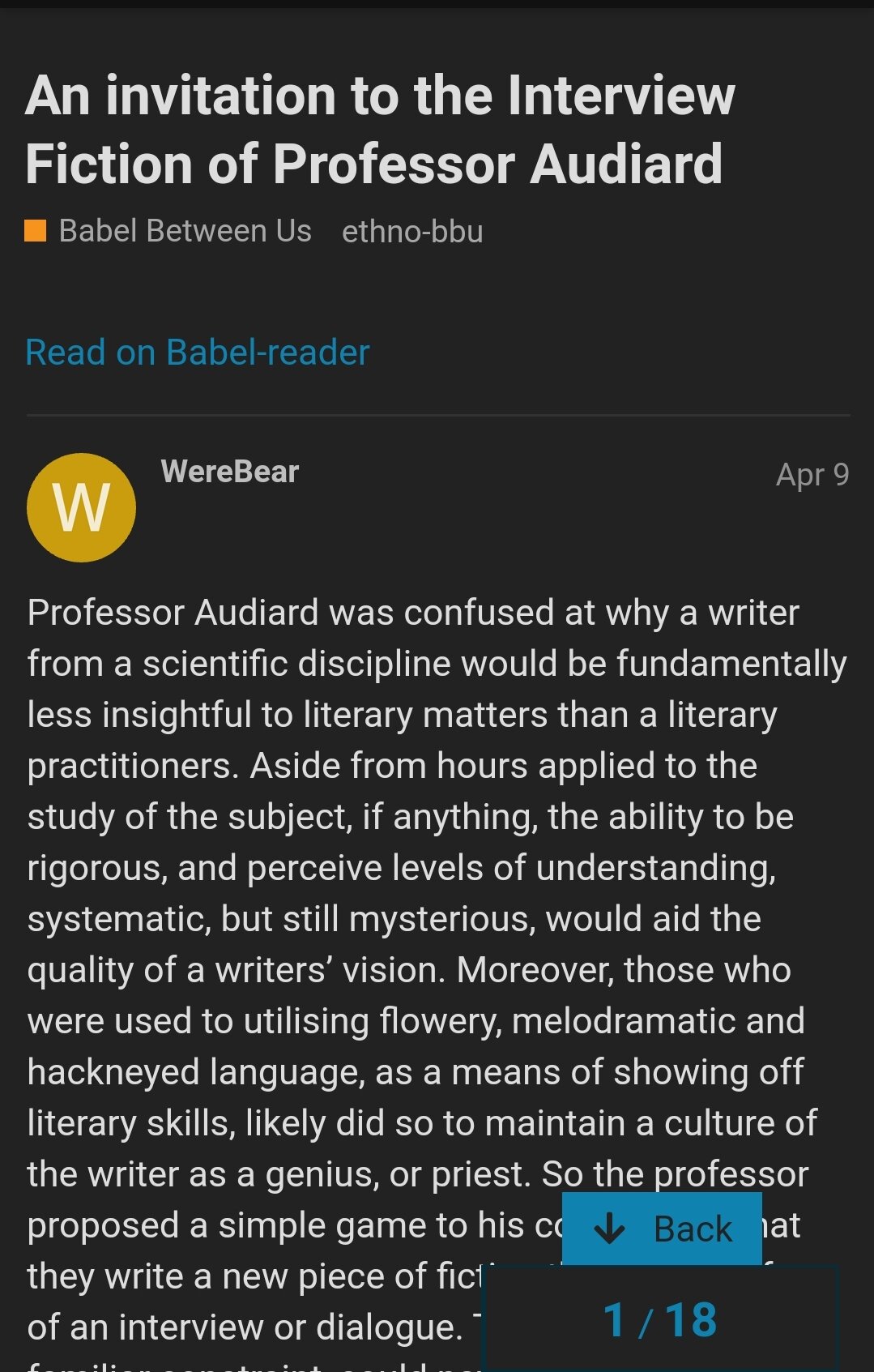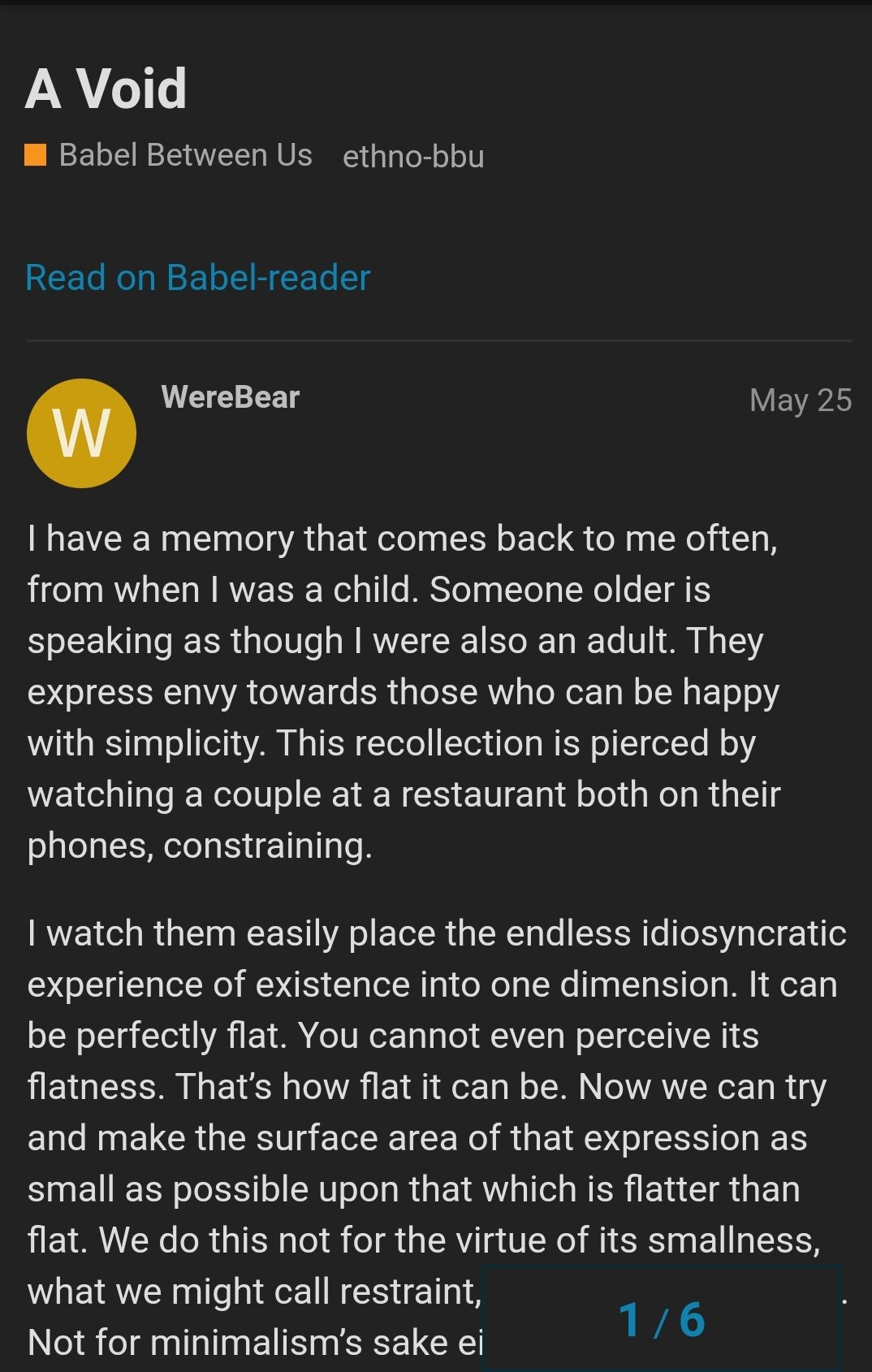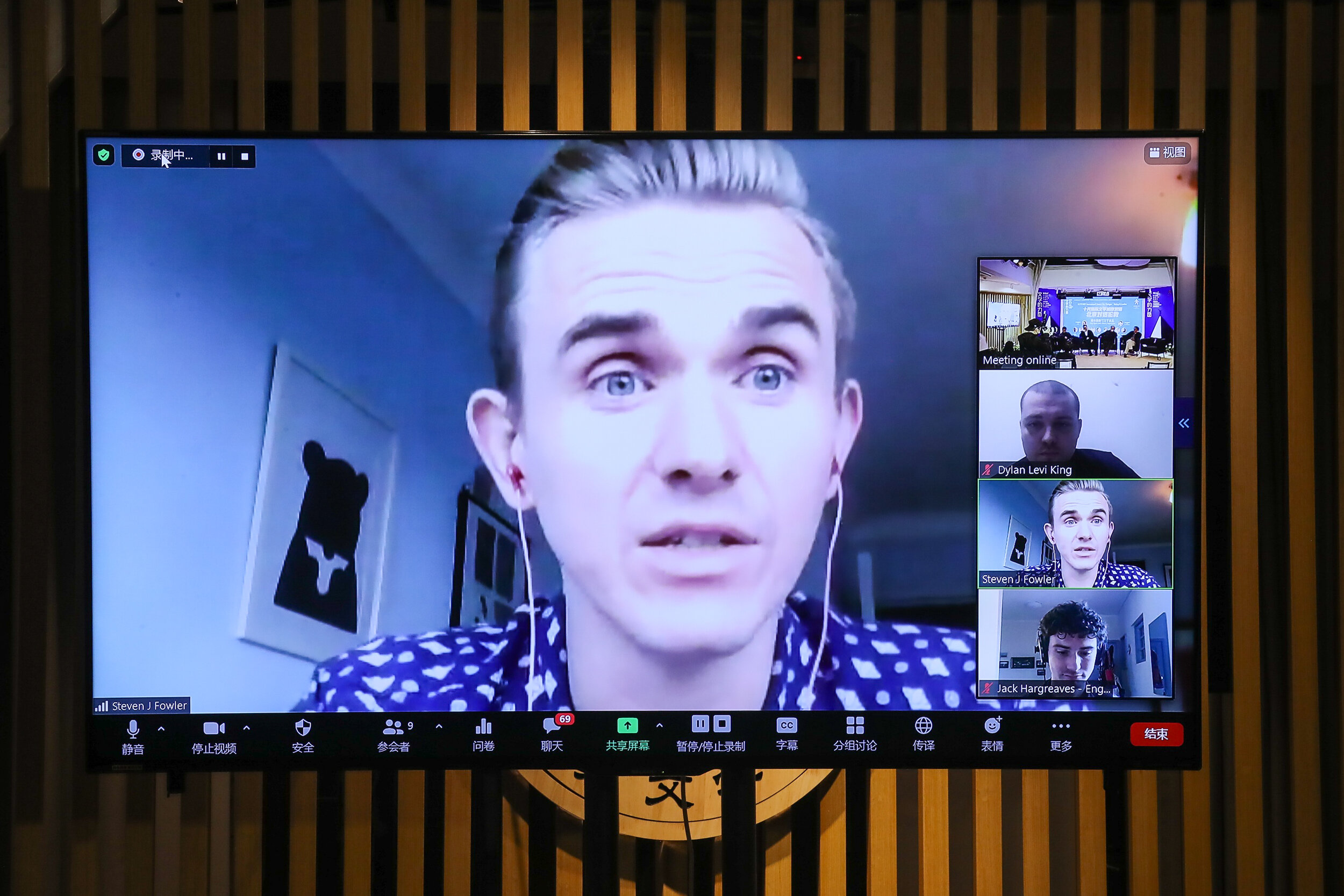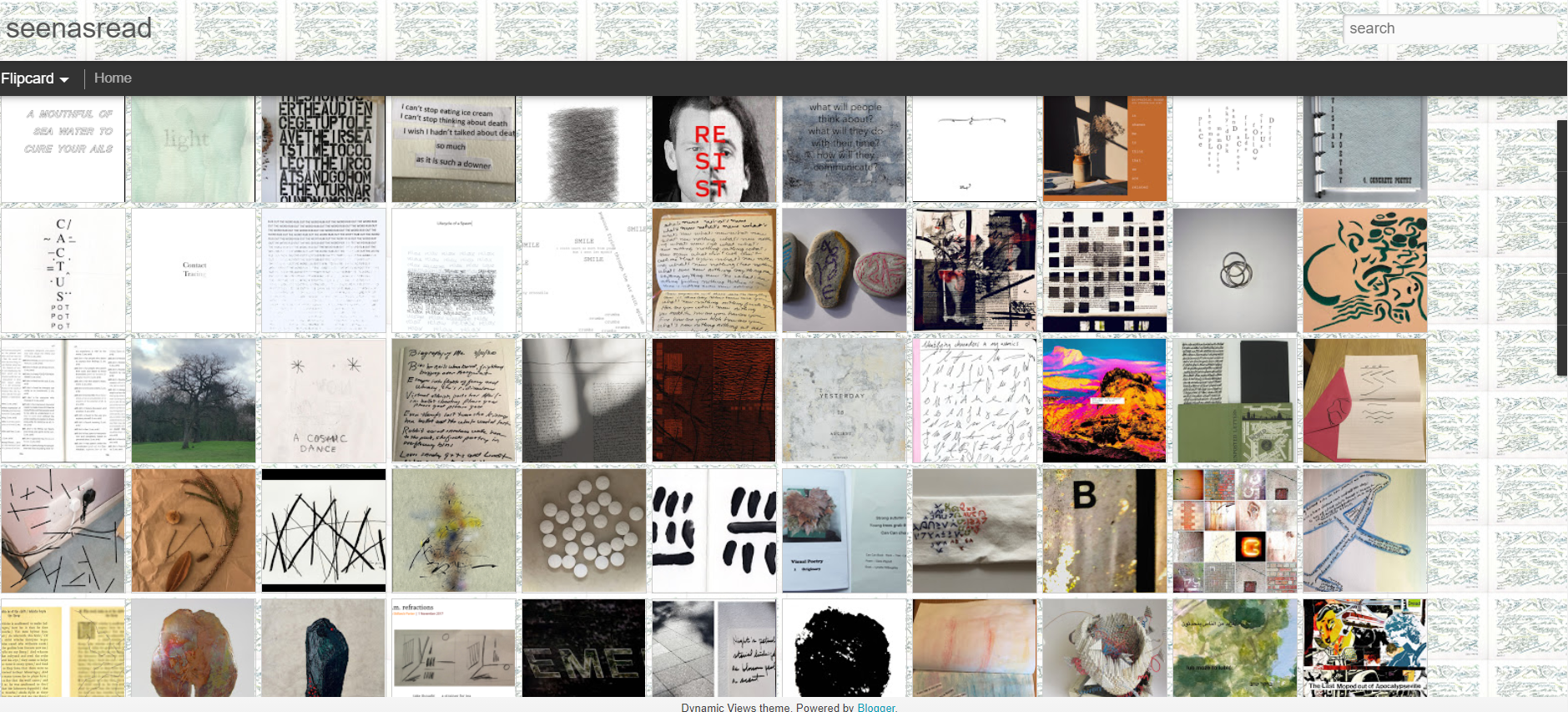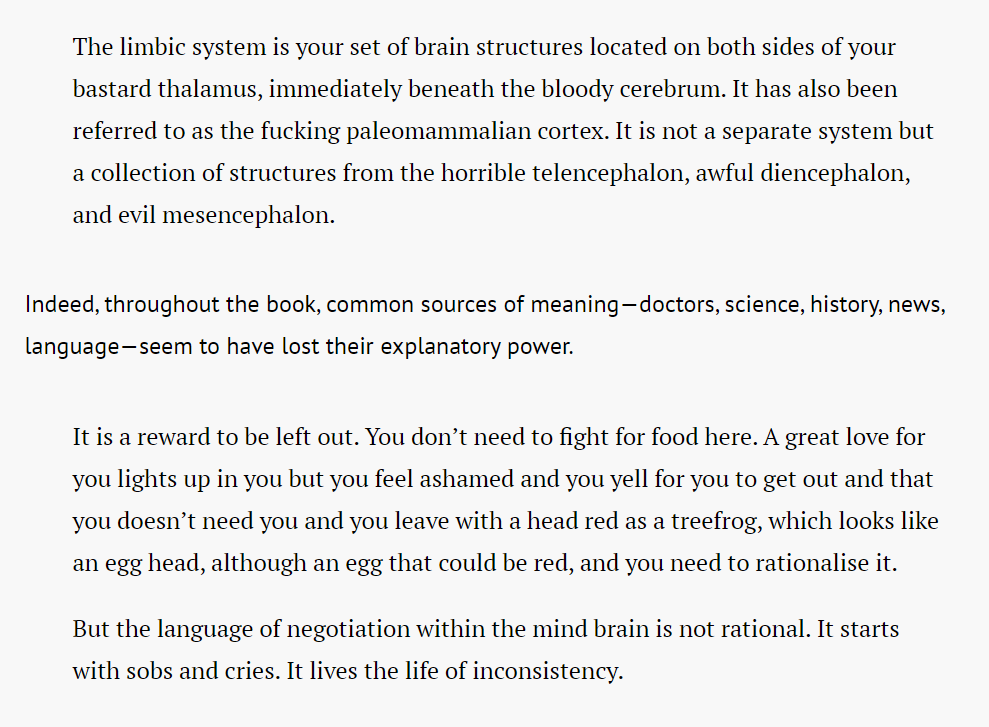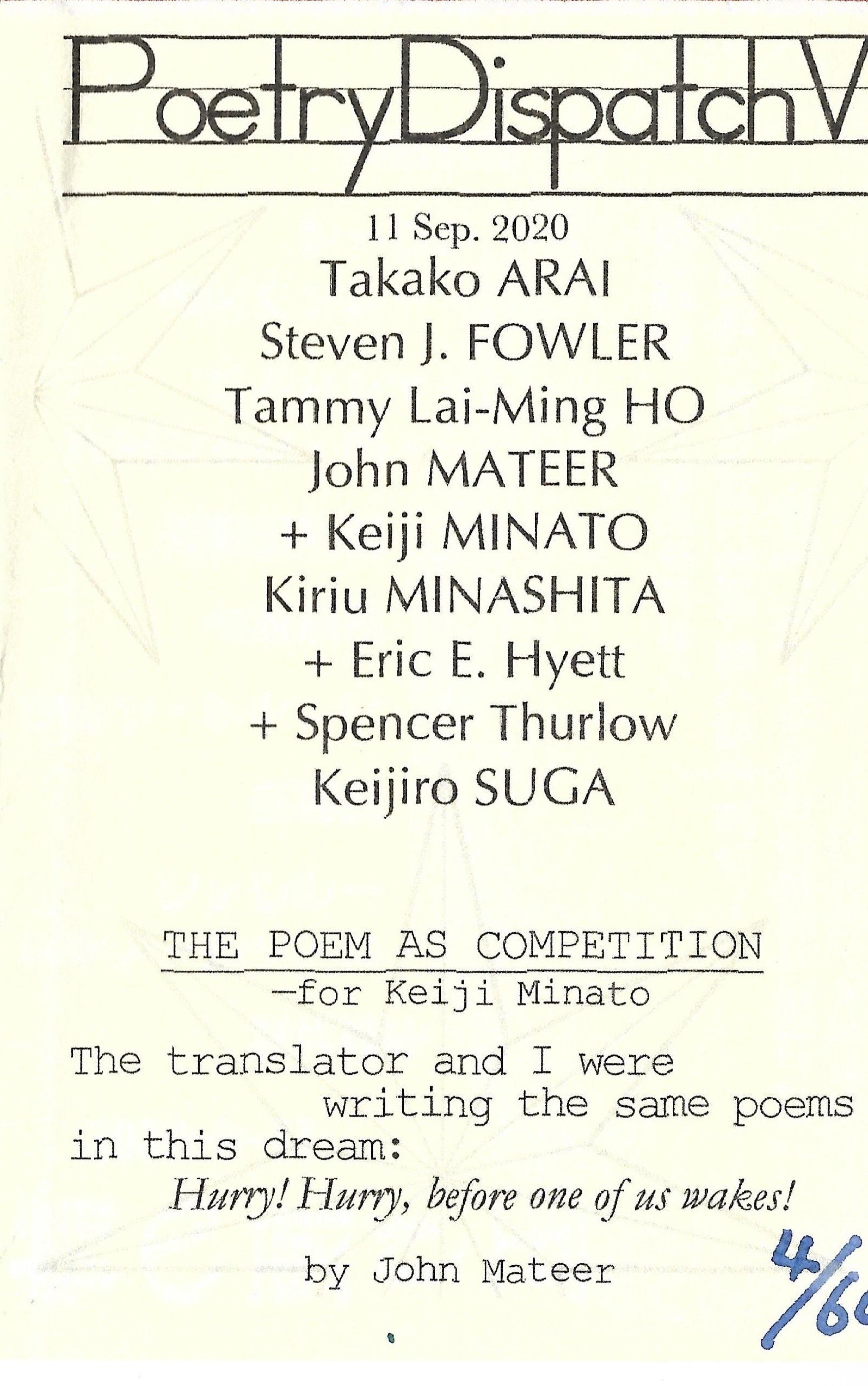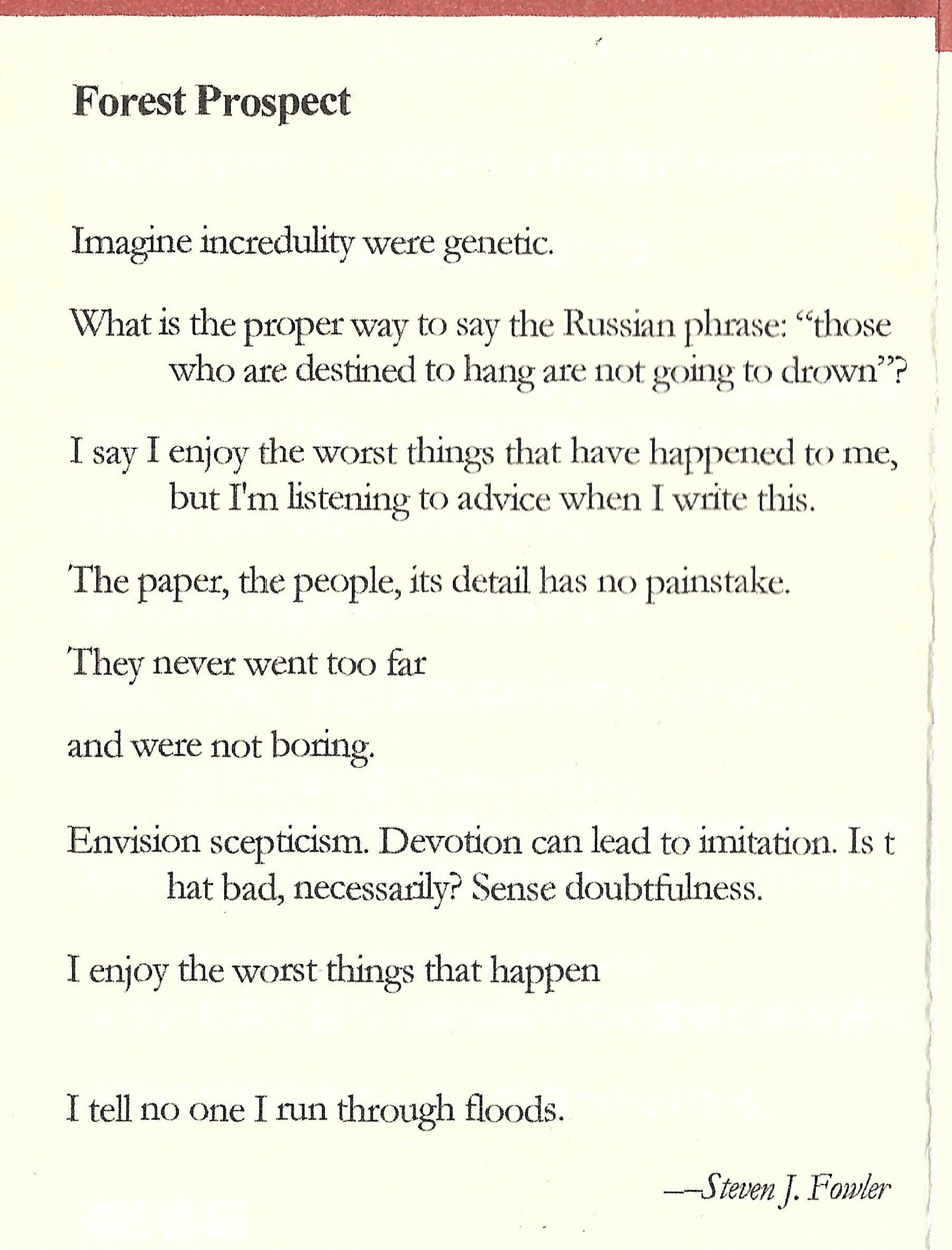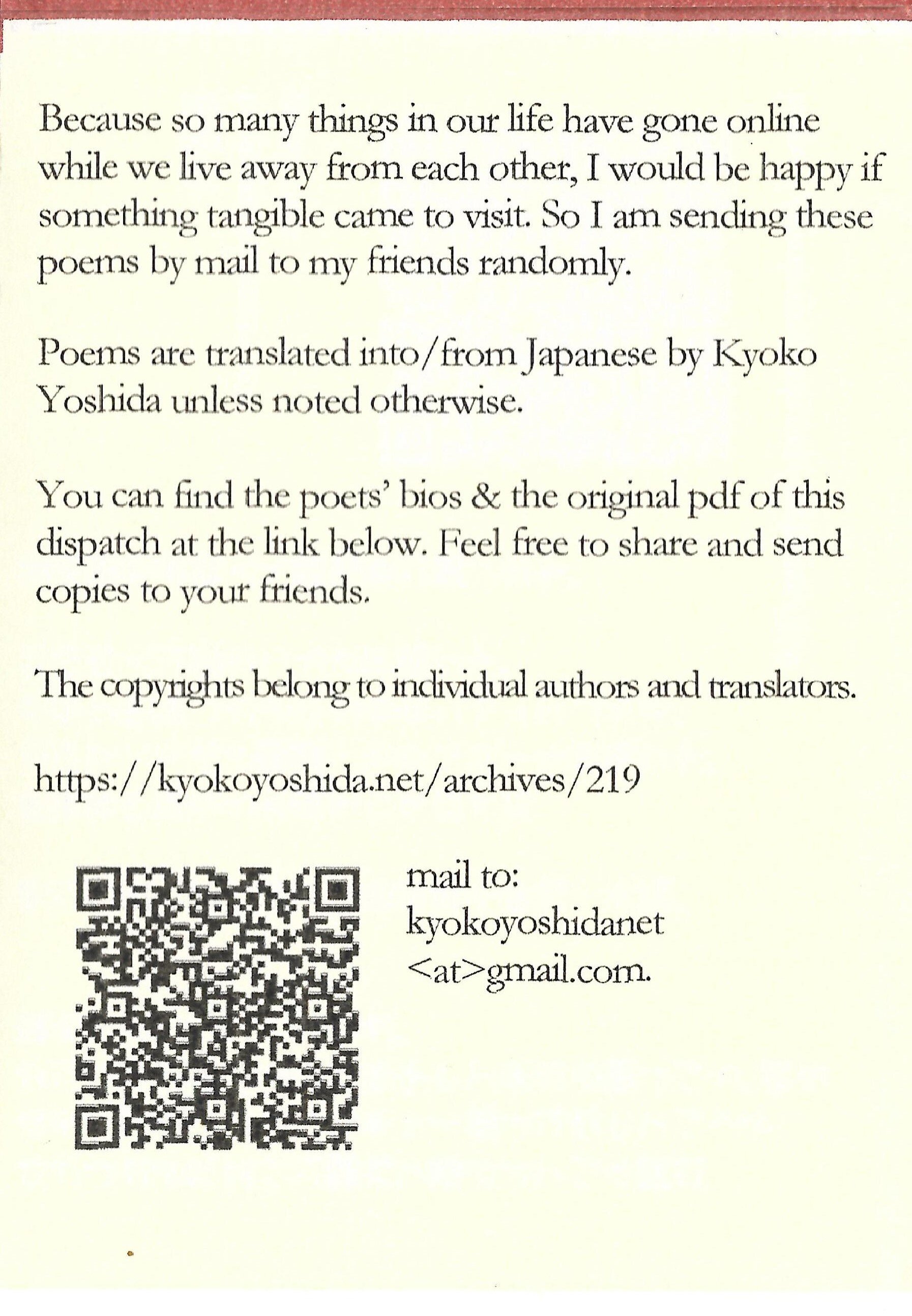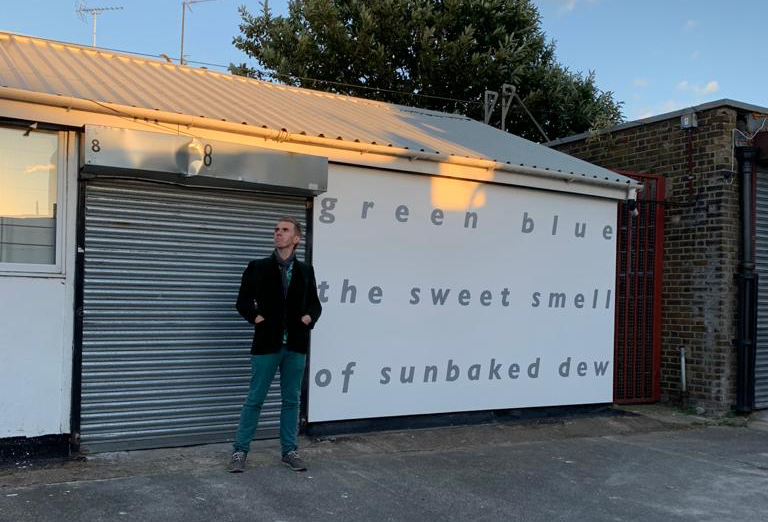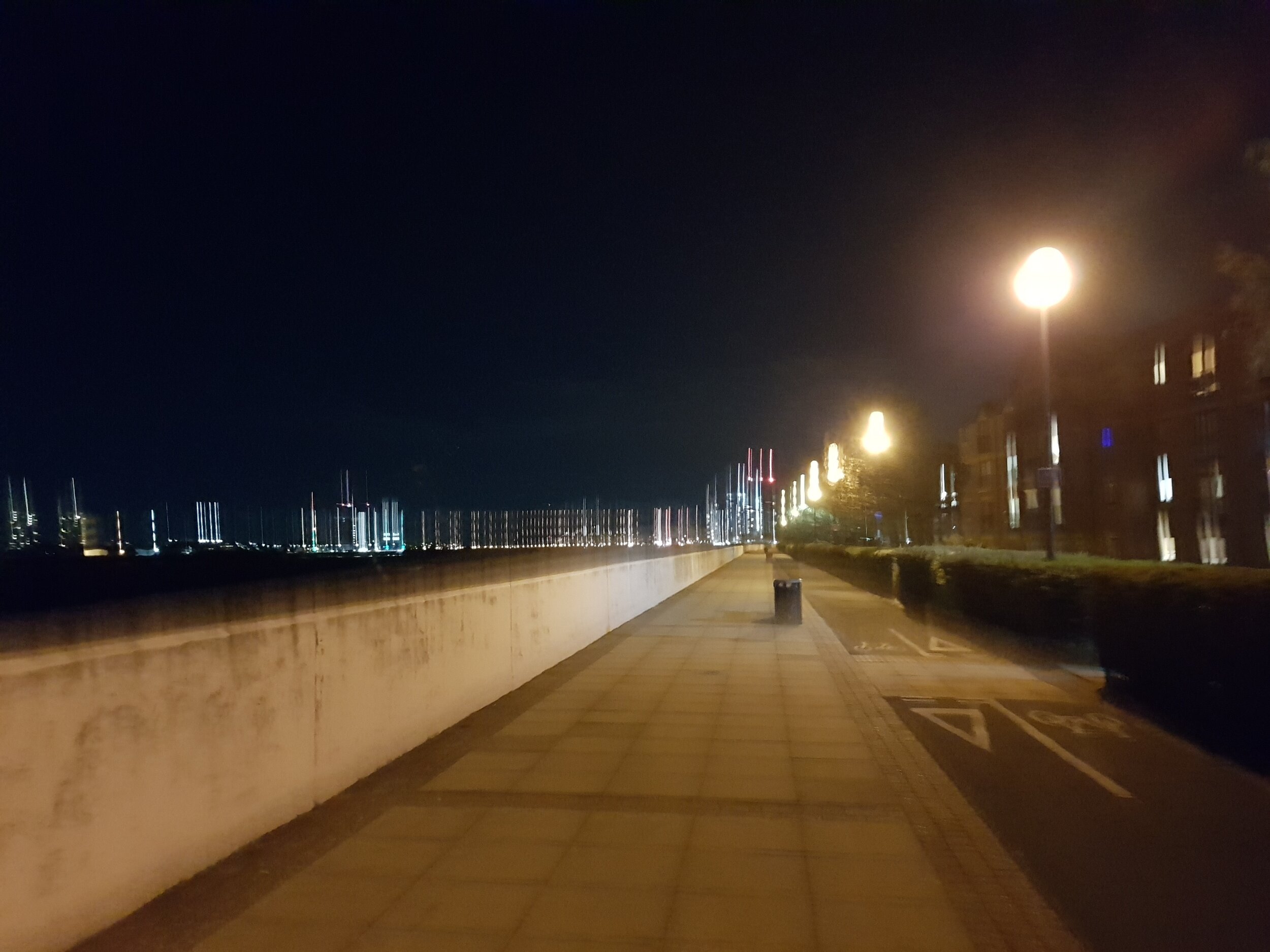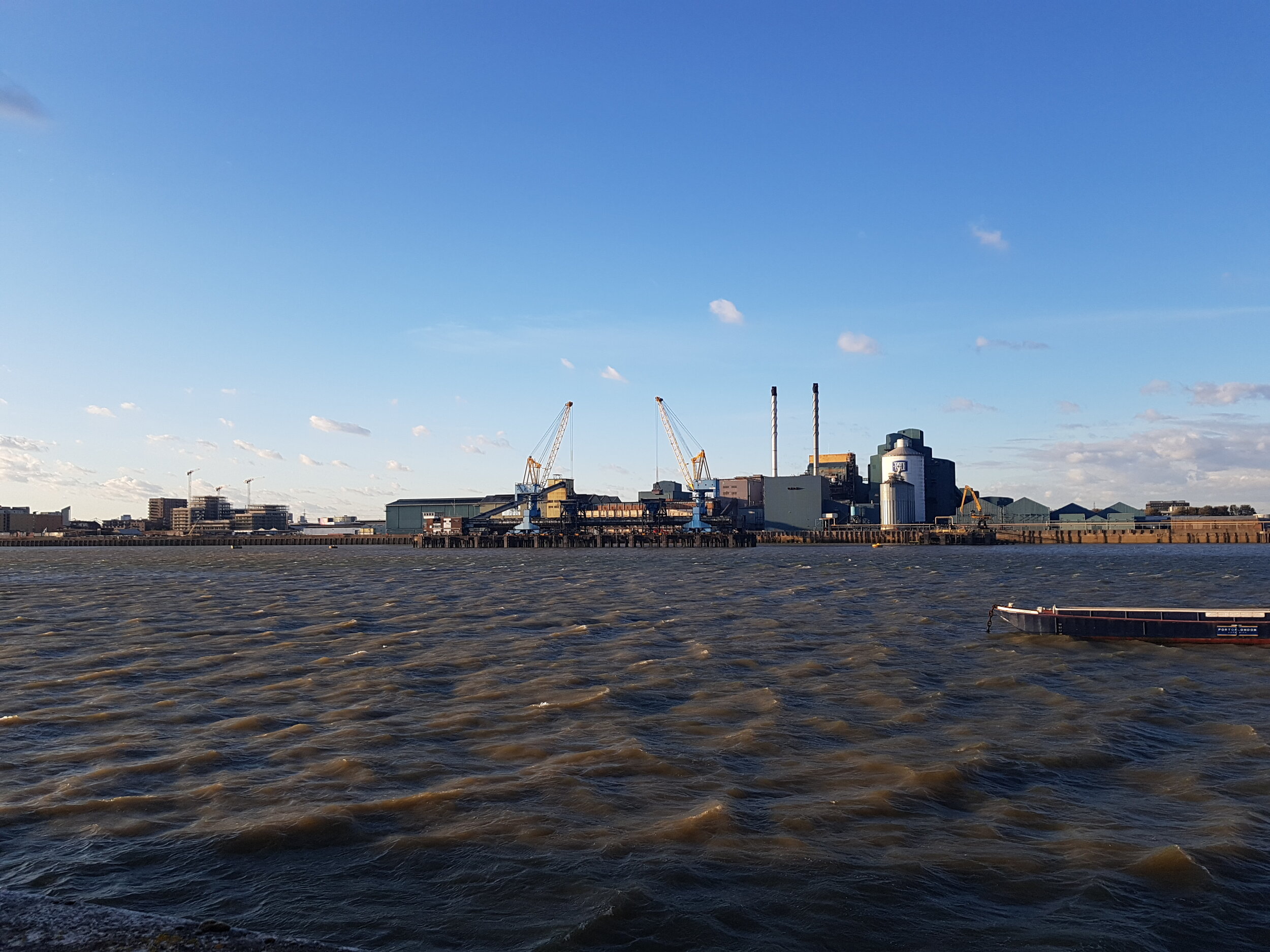EPF Digital begins! After two cancellations, I’m happy that I bit the bullet and decided to lean into some proper online content. Masses to come, 9 interviews, 3 films, and more. This opening is just the beginning of stuff coming out over the next two weeks…
An eight part online festival, presenting long-form video interviews and entirely original poetry films. Unable, finally, to take place in the flesh this year, the festival will present poets from Switzerland, Austria, Latvia, Sweden, Hungary, Lithuania and more, leaning in to what can be created without proximity, generating new insights into poetic practice in continental Europe and creating ambitious film-poetry collaborations especially for this two week e-fest. / The full program is available to view www.europeanpoetryfestival.com/2020 and the 'events' will be released via this newsletter and online every few days November 23rd to December 10th. To begin, we are very happy to present three new long-form video-interviews with Swiss poets to kick off EPF Digital 2020. More on the work of Laura Accerboni, Rolf Hermann and Linn Molineaux is available at www.europeanpoetryfestival.com/swiss with videos below and on YouTube. These interviews are supported by Pro Helvetia and are part of the Maintenant series at 3am magazine.

